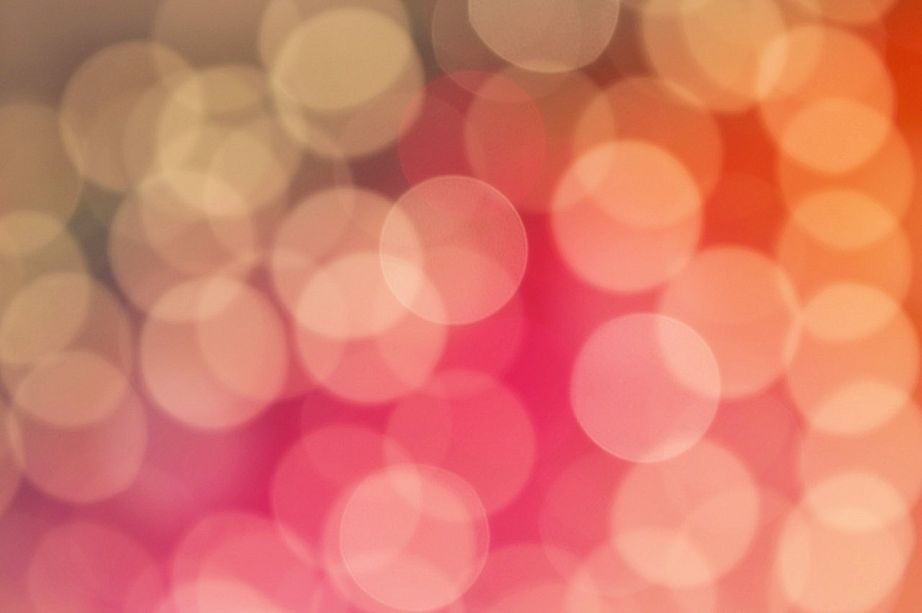I’m just one cell, reporting in from the field. Things are quiet for the moment, but the rumblings of animosity between various factions seems to be hardening into place. It seems that these days everyone is a political pundit, repeating bulletins with little thought or information in them.
I remember as a younger cell, reading a book about the Soviet Union that asserted, “Even the washerwoman needs to be politically aware.â€
At that time the “iron curtain†was still firmly drawn across the internal affairs of the Soviet Union. Unlike curtains that stir in the winds of change to reveal glimpses of the activities on the other side, the “iron curtain†tried to create an area of information blackout.
The washerwoman had to know who wielded power and who was a snitch for those powers if she was to avoid spending years in the Gulag.
The current situation, although desperate for many, is different. There is not the same need to be acutely aware of changing political dynamics. The need for vigilance is real, if the rights of the individual are to be preserved, but feelings of discouragement are settling in like a deep snowfall.
There is a sense that threats are global, affecting individuals indirectly through attacks on the overall organism, similar to when a chronic disease attacks our bodies. And most political arguments—if ‘argument’ is the right word to describe a breakdown in dialogue—are about policies and attitudes that affect society as a whole.
Some individuals seem unaware how societal choices affect them personally. It is as if the affiliations they espouse erupt from an unconscious caldron of resentment that wants to disrupt the ways thing are—including an attack on organizations on whose services they and their families depend.
I know a man whose son has been transported by helicopter and has on many occasions been hospitalized for expensive medical interventions; but he supports politicians who would abolish that kind of universal coverage (since they see no benefit for themselves in it). So what can a conscious, conscientious cell do in the face of such a lack of understanding?
Perhaps a potential for collaboration still exists within our social organism when we appreciate it as a whole? Perhaps kind-hearted, well-meaning cells contribute best when they see their individual lives as part of a community.
A clue–about how to be a healthy cell among the billions of fellow cells living on this earth (and that’s not counting all the swallows, butterflies, flying fish and dolphins)—may be to take a breath and contact our own minds and hearts. Perhaps by grounding our awareness in this body, which faithfully manages the activities of its billions of cells and its many coordinated functions, we can learn to be present to our society as one of the many beings that inhabit this global organism, Mother Earth.
Instead of struggling to assert our impotent opinions, our energy and time on earth may be better spent trying to be the best cell we can in this planetary body that is struggling to overcome a life-threatening attack from within. Surely as cells in this shared planetary body we are meant to work together for the common good, as the cells in our own bodies are already doing.
“As individuals who are part of the local and the global community, we can choose to participate with others in enjoying a good journey through this life.†Caring, by Tarthang Tulku, Page xix.

